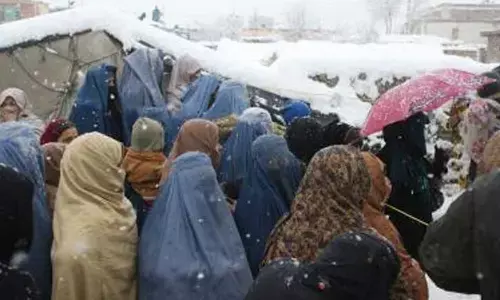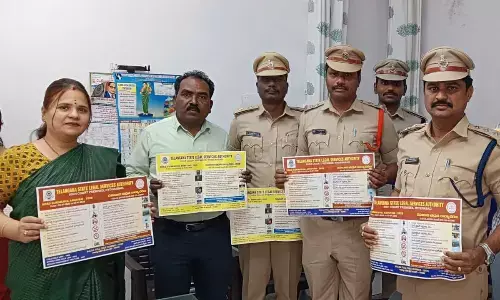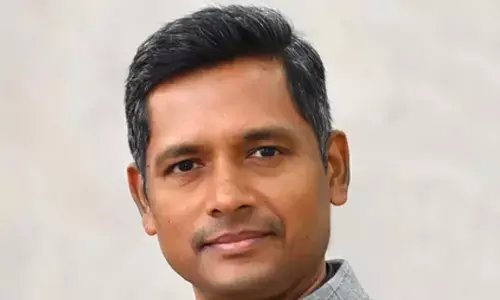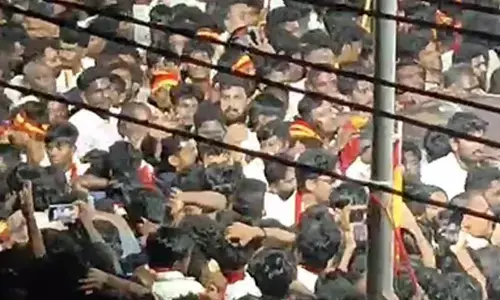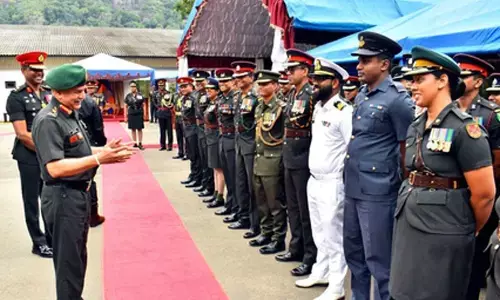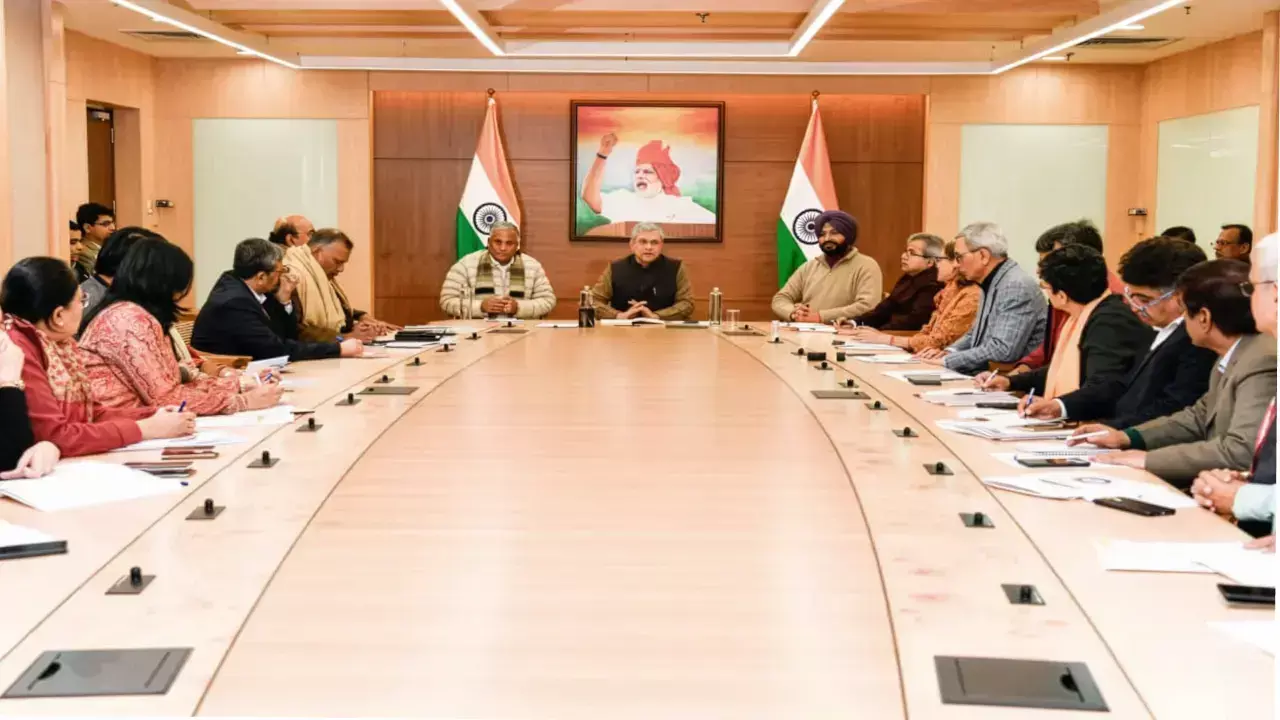Civil aviation regulations and international flight operations in India
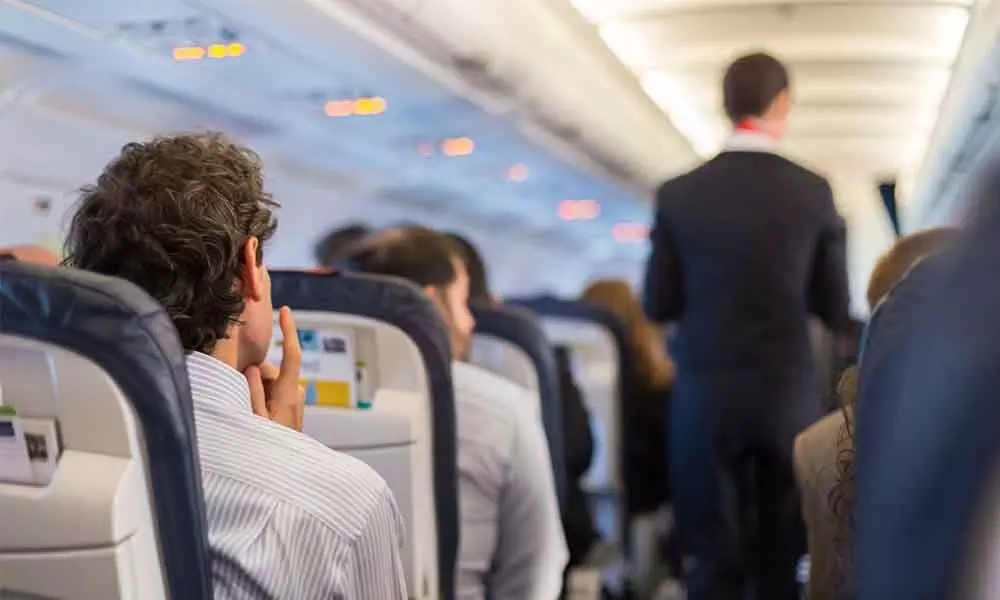
Civil aviation regulations and international flight operations in India
Covid-19 crisis has severely impacted almost all industries. But disruption in the airline industry is so profound, that it is considered more severe than the combined crises of 9/11 and 2008 global financial turmoil.
Covid-19 crisis has severely impacted almost all industries. But disruption in the airline industry is so profound, that it is considered more severe than the combined crises of 9/11 and 2008 global financial turmoil.
Following the Covid-19 global pandemic, the Director General of Civil Aviation (DGCA) had issued three orders following the directions of the Government of India on March 23 under Section 88(1) of the Aircraft Act, 1934. Two more on March 26, and April 14.
It directed among other things all aircraft operators to suspend the operations of all the domestic flights and all scheduled International commercial passenger services until May 3.
International flight operations have not resumed yet during the Covid-19 lockdown period. The Bureau of Immigration has announced that all existing visas shall remain suspended till the prohibition on international travel of passengers from/to India is lifted by the Government of India. As of now, international flight operations are to recommence operations from September 30.
It may be noted that all the international and domestic flight operations have to comply with the rules prescribed by the International Civil Aviation Organization (ICAO).
Currently, India has allowed the recommencement of the international flight operations from September 30. However, Asian countries like Singapore and a few others are yet to give travel clearance to the air passengers from countries like India. Forcing several air passengers from India to travel to the island nation via Dubai, after going through a 14-day quarantine there.
How do aviation regulations operate in India?
The two authorities, Director General of Civil Aviation and Bureau of Civil Aviation Security (BCAS) function under the Ministry of Civil Aviation in India.
The DGCA take cares of Security of the Airports, Safety of Civil Aviation. It also investigates aviation accidents and incidents. Primarily, it deals with safety issues and is responsible for the regulation of air transport services to/from/within India and for enforcement of civil air regulations, air safety and airworthiness standards. Besides, it coordinates all regulatory functions with International Civil Aviation Organization.
On the other, BCAS was initially set up as a cell in the DGCA in January 1978. The role of the cell was to coordinate, monitor, inspect and train personnel in Civil Aviation Security matters. The BCAS lays down standards and measures in respect of security of civil flights at International and domestic airports in India. The rules prescribed under DGCA are compiled according to the standards prescribed by the ICAO Rules and Annexes.
International flights may be permitted by Air Traffic Controls (ATC) to operate on domestic Air Traffic Service (ATS) routes. Provided there is no established International ATS route. International flights are not permitted to pick up passengers/load at any place in India and disembark/discharge at any other place in India.
Entry, transit and
departure of aircraft
International flights into, from or over Indian territory are subjected to the Indian regulations (from time to time) relating to civil aviation and other national laws relating to immigration, customs, passport and health etc.
These regulations correspond to all essentials to the Standards and Recommended Practices contained in Annex 9 to the Convention on International Civil Aviation.
They are given effect in India by enacting a series of laws like the Aircraft Act, 1934, the Aircraft Rules 1937, the Aircraft (Public Health) Rules 1954, the Indian Aircraft Rules 1920, the Carriage by Air Act 1972 etc.
The Annexes to the ICAO procedures adopted with such reservations as may be necessary and brought into force from time to time by notification in Notams, Aeronautical Information Circulars and Aeronautical Information Publication (AIP) India.
Additionally, every aircraft entering or leaving India must comply with regulations relating to immigration, customs, quarantine and health as laid down by the government from time to time.
Aircraft flying into or departing from Indian territory shall make their first landing at or final departure from, an international Aerodrome. Aircraft may be permitted to land or, depart from any notified customs aerodrome.
Scheduled flights
For regular international scheduled flights operated by the foreign airline into, in transit or across India, have to meet a set of requirements.
They include the State (country) of the airline and India must be a party to a multilateral or bilateral International Air Transport Services Agreement. The airline intended to operate flights to India must be eligible as per the provisions of such bilateral or multilateral agreement. Besides, it should have a permit to operate in-to or in-transit across India.
The schedule of the flights must have prior approval of the DGCA. The airline operator should submit the approved schedule flight operations to the respective Flight Information Center and Aerodrome of intended landing before the commencement of its schedule.
The pilot-in-command should carry with him DGCA Approval Reference Number (ARN) and quote the same if required to do so by the ATC authorities.
The requirement for the grant of operating permit
Designation of airline - The airline shall, following the provisions of the Air Transport Services Agreement, formally designated either through diplomatic channels or by aeronautical authorities of the country whose government has concluded the agreement with the Government of India.
Detailed requirements for the grant of a permit to a foreign airline for the commencement of scheduled international air services are given in Aeronautical Information Circular (AIC) No. 8 of 2010. It among others includes that the airline shall submit all documents mentioned in the said AIC at least 60 days in advance before the proposed date of commencement of air services for the issuance of the operating permit.
A detailed security programme under the provisions of contained in Annex 17 to the Convention on International Civil Aviation and the instructions issued of BCAS shall be filed with the Commissioner of Security (Civil Aviation), for approval. An approval copy granted by BCAS shall be furnished to the office of the DGCA.
The airline shall coordinate the allocation of slots with Airports Authority of India (AAI), Operational wing.
Application for obtaining approval for operating scheduled flights shall be filed by the designated airline, at least 30 days before commencement of the scheduled flights, with the DGCA.
The documentary requirement of clearance of aircraft
All airline operators should submit aircraft documents for clearance on entry and departure of their aircraft to and from India. The document formats should be submitted in an acceptable form to the public authorities in India. Details of the same can be seen referring to the relevant appendices to ICAO Annex 9 together with the differences as notified by India. No flight shall leave India without obtaining clearance of immigration and customs authorities on General Declaration.
(The author is Advocate & Research Associate, Centre for Aerospace and Defence Laws, NALSAR University of Law, Hyderabad)








